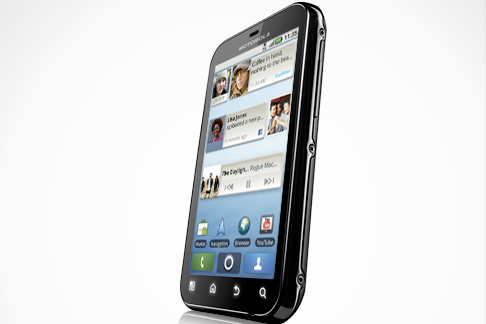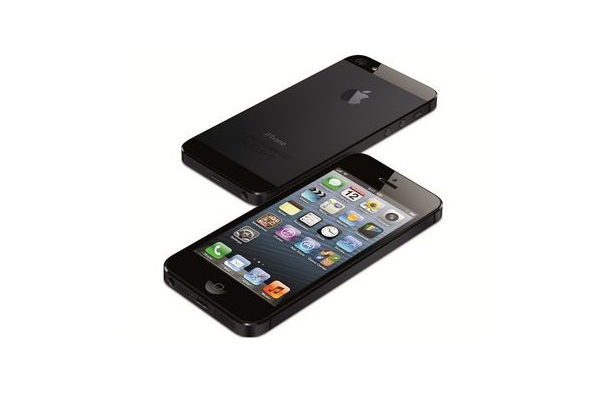Motorola ads banned after users bust phone screens
No more dance floors or swimming pool parties for Motorola… in its marketing campaigns at least.


The Advertising Standards Authority (ASA) has banned two Motorola TV ads, saying they misled consumers as to the sturdiness of devices.
Three complainants said the ads exaggerated the durability of the Android-powered Motorola DEFY phone, which was being marketed as "dance floor proof" and "pool party proof."
Despite claims from Motorola the phone was water and scratch resistant, as well as dust proof, the complainants' phone screens cracked after dropping their DEFY devices.
We had not seen evidence that dropping the DEFY from the height shown in the ads would not damage the phone.
Motorola said it had extensively tested its device, putting it through "circumstances more extreme than those that would usually be encountered by consumers."
This included "dropping the phone from multiple heights onto multiple surfaces," the ASA found. The product had been put through around 300 'drops,' yet Motorola's explanation of the testing process in its response to the ASA was to no avail.
"We noted the phone was intended to be bump, impact, scrape and scratch resistant but considered the ads, in particular the scene that involved the phone being dropped onto a dance floor and the on-screen text "DANCE FLOOR PROOF" and "It's life proof," suggested the phone would also not be damaged when it was dropped from the height shown in the ads," the ASA said in its adjudication.
Get the ITPro daily newsletter
Sign up today and you will receive a free copy of our Future Focus 2025 report - the leading guidance on AI, cybersecurity and other IT challenges as per 700+ senior executives
"Because we had not seen evidence that dropping the DEFY from the height shown in the ads would not damage the phone, we concluded that the ads misleadingly exaggerated the performance of the product."
Motorola was hit by another advertising ban in August, when the ASA decided to kill off an ad claiming the Atrix was the most powerful smartphone on the planet.
That time the watchdog received just two complaints, yet the ad was still removed.
Tom Brewster is currently an associate editor at Forbes and an award-winning journalist who covers cyber security, surveillance, and privacy. Starting his career at ITPro as a staff writer and working up to a senior staff writer role, Tom has been covering the tech industry for more than ten years and is considered one of the leading journalists in his specialism.
He is a proud alum of the University of Sheffield where he secured an undergraduate degree in English Literature before undertaking a certification from General Assembly in web development.
-
 Cleo attack victim list grows as Hertz confirms customer data stolen
Cleo attack victim list grows as Hertz confirms customer data stolenNews Hertz has confirmed it suffered a data breach as a result of the Cleo zero-day vulnerability in late 2024, with the car rental giant warning that customer data was stolen.
By Ross Kelly
-
 Lateral moves in tech: Why leaders should support employee mobility
Lateral moves in tech: Why leaders should support employee mobilityIn-depth Encouraging staff to switch roles can have long-term benefits for skills in the tech sector
By Keri Allan
-
 O2 misled customers over iPhone 5 deliveries, ad body rules
O2 misled customers over iPhone 5 deliveries, ad body rulesNews Mobile operator rapped by Advertising Standards Authority (ASA) for confusing customers with iPhone ordering claims.
By Caroline Donnelly
-
 Apple wins iPhone App Store ad battle
Apple wins iPhone App Store ad battleNews The Advertising Standards Authority has said Apple's store really does have an app for everything.
By Nicole Kobie
-
 250MB represents unlimited data says ASA
250MB represents unlimited data says ASANews Advertising standards authority rules that 250MB represents ‘unlimited’ after mobile phone advert sparked complaints.
By Benny Har-Even